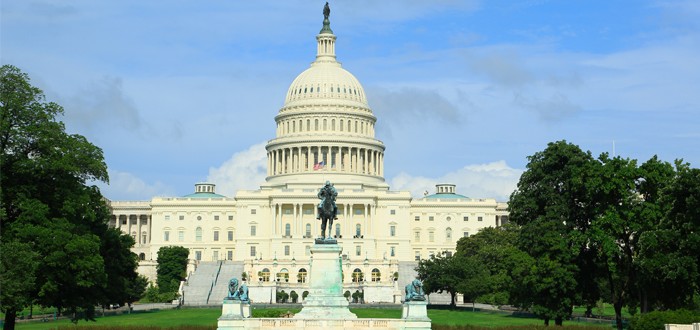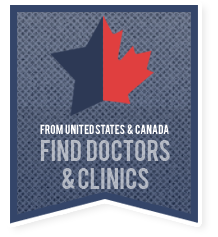In a victory-snatched-from-the-jaws-of-defeat moment, Congress voted in mid-December to reauthorize the James Zadroga 9/11 Health and Compensation Act to benefit mesothelioma patients and others who had their health affected.
Just months earlier, the Zadroga Act seemed like a sure bet for reauthorization. It turned out not to be, much to the disappointment — and frustration — of mesothelioma patients and advocates alike.
Back then the bill seemed headed for easy passage, given the number of sponsors lined up behind it. In the House of Representatives, a majority of that chamber’s members had lent their names in support of the measure.
In the Senate, the number of sponsors added up to a veto-proof supermajority. Nonetheless, the bill stalled and it slipped into a legislative coma.
The chances of it being passed grew dimmer by the day. However, the Zadroga Act was resuscitated by influential representatives and senators who engaged in a bit of parliamentary CPR.
What they did was insert all the provisions of the Zadroga reauthorization bill into a bigger bill that Congress absolutely had to pass – no ifs, ands or buts about it.
Made 9/11 Health Act Part of Omnibus Spending Bill
The bigger measure was the $1.1 trillion omnibus spending bill. If that one failed there would be no money to run the government in 2016.
And without money to run the government, federal services would be forced to shut down. Most representatives and senators will try to avoid a government shutdown.
So inserting the Zadroga Act’s components into the omnibus bill virtually guaranteed its passage.
In the House, the omnibus bill was passed by a lopsided margin of 316-113. In the Senate, it garnered approval on a vote of 65-33.
Now that the budget bill has passed, the Zadroga Act will continue making it possible to serve the health needs of tens of thousands of people suffering from mesothelioma and other diseases caused by the collapse of the World Trade Center towers in New York City on Sept. 11, 2001.
The Zadroga Act authorizes the operation and funding of two important programs. The first is the 9/11 World Trade Center Health Program. It started in 2010, but exhausted its budget this past September.
The World Trade Center Health Program was created to monitor the health of 9/11 rescuers and survivors. These individuals were exposed to toxic dust from the collapsed towers.
The program also provided medical treatment for those who became ill because of that exposure. The Zadroga Act reauthorization provides fresh funding for the program — enough to last for the next 75 years.
As things currently stand, some 70,000 individuals are being monitored or are receiving treatment under this program.
Victory’ for Mesothelioma Patients and Their Health Needs
The second important program contained in the Zadroga Act is the Victim Compensation Fund. It provides payments to rescuers and survivors whose health was damaged or who suffered physical injuries when the towers fell.
Payments have been made to approximately 15,000 people. Many more claims are expected to be received in the years ahead as mesothelioma and other slow-to-onset diseases continue turning up.
The Victim Compensation Fund had enough money to remain viable until late 2016. But the reauthorization provides funds to keep the program going for an additional five years.
Sen. Charles Schumer (D-NY) was a proponent of the Zadroga Act reauthorization. He told the New York Daily News that being able to insert the measure’s provisions into the omnibus spending bill was a huge win.
“This is an amazing victory,” he told the newspaper. “We’re very happy today.”
Sen. Kirsten Gillibrand (D-NY) was also thrilled. She was the chief sponsor of the Zadroga Act reauthorization in Congress’s upper chamber.
Delighted too was Gillibrand’s counterpart in the House, Rep. Carolyn Maloney (D-NY). “I’m ecstatic,” Maloney was quoted by the Daily News as saying. “Our holiday wish came true and the survivors and responders have permanent healthcare.”


